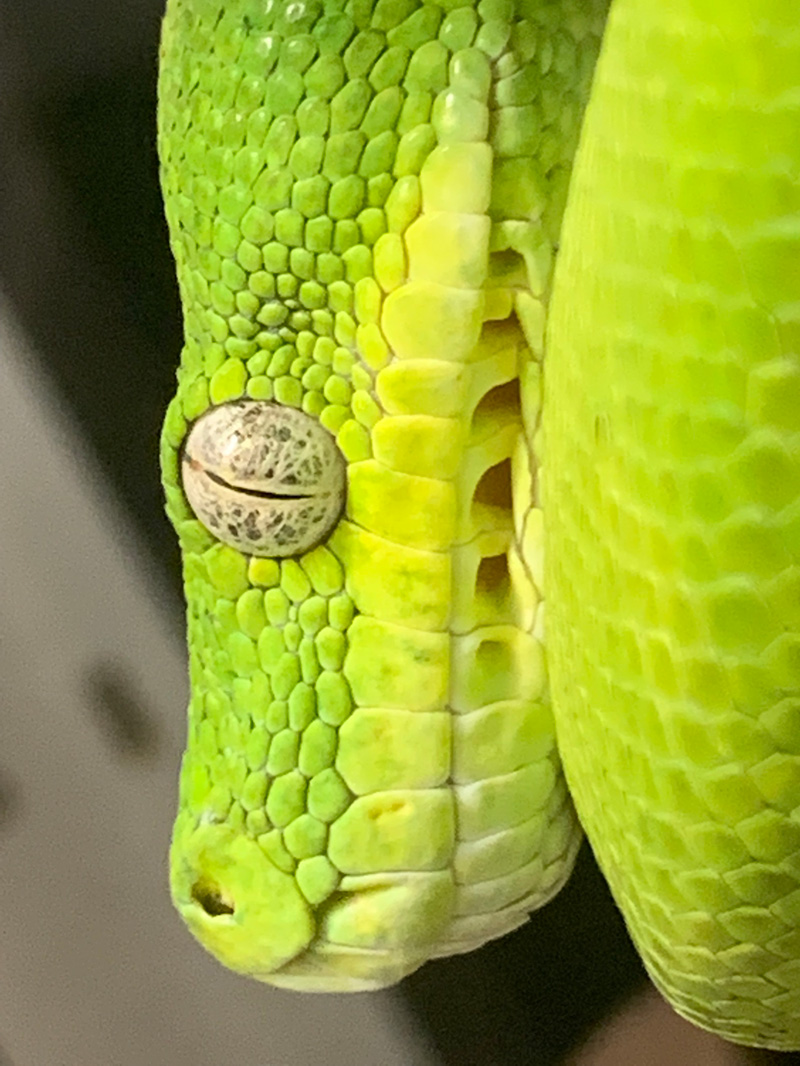copyright 2026. Australian reptile sales and supplies – Website Managed by Kelly Masterson Web Design by Diverse Website Design
Feeding Reptiles
The ultimate guide to feeding your reptiles.
We have over 35 years of knowledge of reptile care and breeding. We definitely have a few tips and tricks up our sleeve.
Understanding Lizard's Dietary Needs
Blue Tongue Lizards and other lizards are omnivores, meaning they require a mix of both plant and animal matter. Here’s how to cater to their diet:
What to Lizards
- Vegetables: Provide a variety of leafy greens such as kale, collard greens, and dandelion greens. Supplement with vegetables like squash, bell peppers, and carrots.
- Fruits: Offer fruits sparingly. Good options include berries, apples, and melons.
- Proteins: Incorporate sources of protein like mealworms, crickets, and occasionally cooked lean meats.
- Commercial Diets: High-quality commercial lizard foods can be used as part of a balanced diet.
Feeding Frequency for Lizards
- Juveniles: Feed daily with a balanced mix of vegetables, fruits, and proteins.
- Adults: Feed every 2-3 days, adjusting portions based on their size and activity level.

Understanding Snakes Dietary Needs
Children’s Pythons are carnivorous, requiring a diet consisting entirely of meat. Here are the key points to consider:
What to Feed Snakes
- Prey: Offer appropriately sized prey such as mice or small rats. The prey should be no larger than the widest part of the python’s body.
- Feeding Method: Pre-killed prey is recommended to prevent injury to your python.
Feeding Frequency for Snakes
- Juveniles: Feed every 5-7 days.
- Adults: Feed every 7-14 days, depending on size and activity.
Want a breakdown of sizes of rats you should feed your snake? Here at Australian Reptile Sales and Supplies, we are more than happy to share our knowledge. This is years of experience on what works best for feeding snakes.

Tips for Feeding Blue Tongue Lizards and Children's Pythons
- Water: Always provide fresh, clean water. Blue Tongue Lizards may require misting, while Children’s Pythons need a water dish large enough for soaking.
- Supplements: For Blue Tongue Lizards, use calcium and vitamin supplements to prevent deficiencies.
- Observation: Monitor eating habits and adjust portions if necessary. Consult a vet if you notice changes in appetite or health.
- Handling Prey: Wash hands before and after handling food to prevent contamination.
Common Feeding Mistakes to Avoid
- Overfeeding: Can lead to obesity and health problems.
- Improper Diet: Ensuring the right balance of nutrients is crucial, especially for omnivores like Blue Tongue Lizards.
- Inadequate Variety: Offer a range of foods to ensure a well-rounded diet.
Feeding Lizards and Pythons correctly is vital for their health. By understanding their dietary needs and following these guidelines, you can ensure your reptiles remain healthy and active. If you have any questions you can reach out through our contact form or join our Facebook Group. more information on reptile care. and to find high-quality supplies. Alternatively, you can reach out to Ash on any of the channels below.



